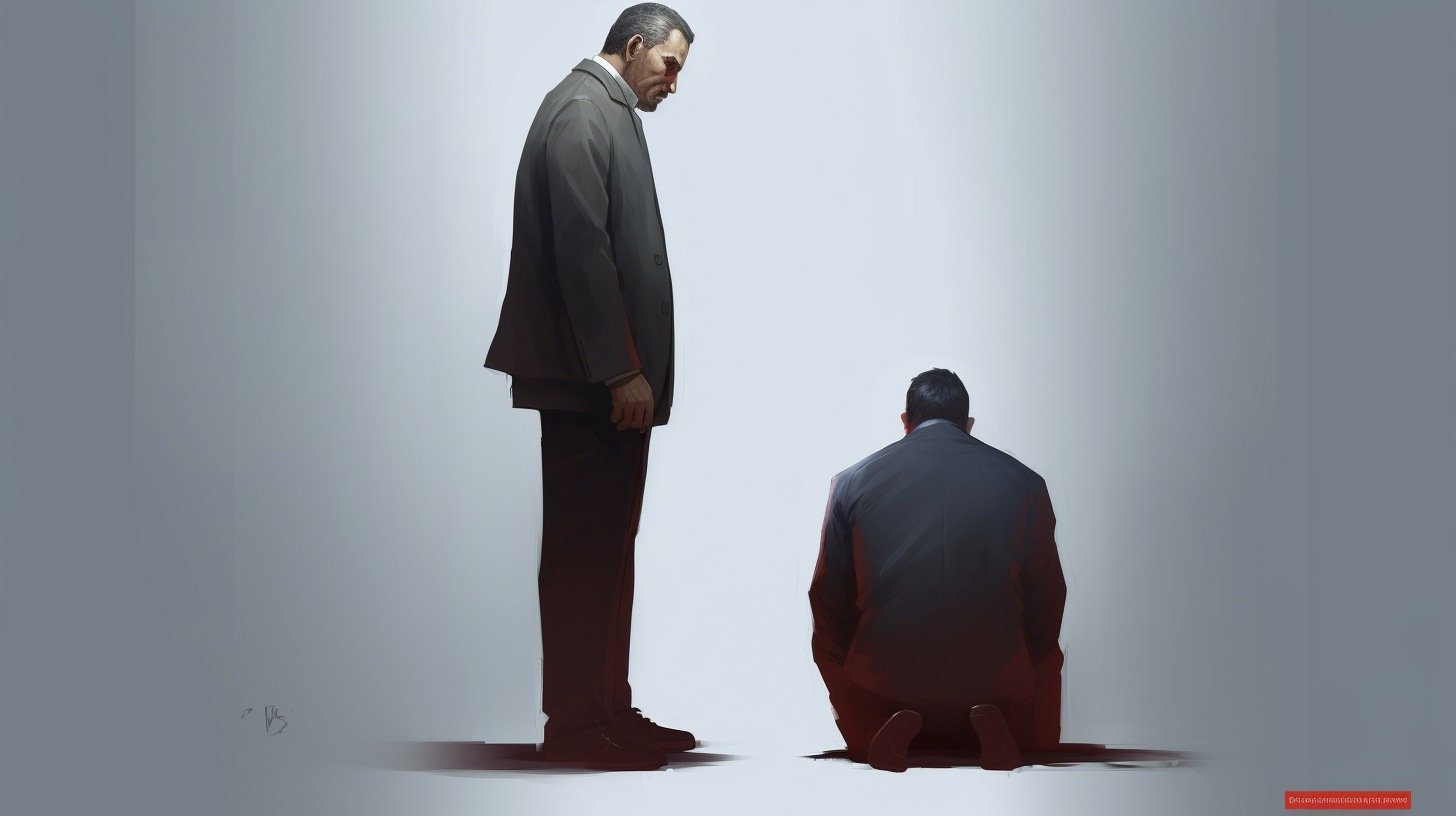6 Painful Truths About Grief That You Misunderstand
Table of Contents Show
In the labyrinth of human emotions, grief stands as a monolith, a testament to the depth of our capacity to feel. It is an unwelcome guest, an intruder that barges into our lives uninvited, leaving us grappling with a profound sense of loss. Yet, it is through this crucible of sorrow that we often find our most authentic selves.
This exploration delves into the six painful truths about grief, a journey that is as personal as it is universal.
1. Grief is a Personal Journey
Grief is as unique as the individual experiencing it. It is a deeply personal journey, shaped by our relationships, experiences, and the depth of our attachment to what we have lost.
Abraham Lincoln, the 16th President of the United States, faced numerous personal losses throughout his life, including the death of his mother when he was just nine years old and later the death of his eleven-year-old son, Willie.
Despite being a public figure, Lincoln's grief was deeply personal and unique to him, demonstrating that grief is a journey that each individual must navigate in their own way.
Another story is of Joan Didion, an American writer, that serves as a poignant example. In her memoir, "The Year of Magical Thinking," Didion chronicles the year following the death of her husband, John Gregory Dunne.
Her grief was a solitary journey, a path she had to tread alone, despite being surrounded by well-meaning friends and family. Her experience underscores the fact that no two people grieve in the same way, and there is no 'right' way to grieve.
2. Grief Can Feel Like a Roller Coaster
Grief is not a linear process. It is more akin to a roller coaster ride, filled with peaks of intense pain and troughs of numbness. One moment, you might feel a sense of acceptance, and the next, you might be overwhelmed by a wave of despair. This emotional turbulence is a normal part of the grieving process.
The renowned psychiatrist Elisabeth Kübler-Ross, in her seminal work on death and dying, proposed the five stages of grief - denial, anger, bargaining, depression, and acceptance. However, these stages are not sequential or universal. They merely serve as a framework to understand the complex emotions that accompany grief.
Another example is the life of British poet Alfred Lord Tennyson. After the sudden death of his close friend Arthur Hallam, Tennyson wrote "In Memoriam A.H.H.," a lengthy poem that captures the tumultuous nature of his grief. The poem oscillates between despair, hope, doubt, and faith, mirroring the roller coaster of emotions that many people experience in their grief.
3. Grief Can Affect Every Part of Your Life
Grief is not confined to the emotional realm. It can permeate every aspect of your life, affecting your physical health, cognitive abilities, social interactions, and even your sense of identity. The profound sadness can disrupt sleep patterns, appetite, and concentration.
It can strain relationships and lead to social withdrawal. The story of C.S. Lewis, the renowned author of "The Chronicles of Narnia," illustrates this. Following the death of his wife, Lewis wrote "A Grief Observed," a raw and candid account of his grief. He described how his grief affected his faith, his perception of himself, and his view of the world.
4. Grief Can Bring Up a Mix of Emotions
Grief is not a singular emotion but a complex tapestry of feelings. It can bring up a mix of emotions, including sadness, anger, guilt, fear, and even relief. These emotions can be confusing and overwhelming, adding to the pain of loss.
The guilt can stem from perceived inadequacies or regrets, the anger can be directed towards oneself or others, and the fear can be about the future or the prospect of facing life without the loved one. It's important to remember that these emotions are a normal part of the grieving process.
The mix of emotions reminds The Invisible Man of Wolfgang Amadeus Mozart, one of the most influential composers in the history of Western music. After the death of his father, Leopold, Mozart composed his "Requiem Mass in D minor." The music captures a range of emotions, from fear and anger to longing and despair, illustrating the complex tapestry of feelings that can accompany grief.
5. Grieving Doesn't Mean Forgetting
Contrary to popular belief, grieving doesn't mean forgetting about the loss. It is not about erasing memories but learning to live with the loss. As Nora McInerny, a renowned author and podcast host, beautifully articulated in her TED Talk, "We don't 'move on' from grief. We move forward with it."
Moving on doesn't mean forgetting the person or the loss; it means carrying the memories and experiences forward with us into our future. It's about integrating the loss into our lives in a way that it becomes a part of our identity.
Consider the story of Thomas Jefferson, the third President of the United States. After the death of his wife, Martha, Jefferson was said to have been inconsolable and kept a lock of her hair in a locket for the rest of his life.
His actions demonstrate that grieving doesn't mean forgetting about the person who has died. Instead, it's about finding a way to keep their memory alive as we continue to live.
6. Grief Can Lead to Growth
While grief is undoubtedly a painful experience, it can also be a catalyst for growth. This concept, known as post-traumatic growth, suggests that individuals can find personal growth and discover new meaning in life as a result of struggling with a major life crisis or traumatic event. It doesn't in any way diminish the pain of the loss, but it signifies the potential for transformative growth that can occur alongside the pain.
Reflect on the life of Mahatma Gandhi, a leader of India's nonviolent independence movement against British rule. After the death of his father, Gandhi began to question the meaning of life and death, which led him to develop his philosophy of nonviolence and truth. His story shows that while grief is a painful process, it can also lead to personal growth and transformation.
Another example is Ashoka, the third king of the Mauryan Empire. Ashoka waged a bloody war against the Kingdom of Kalinga, resulting in massive carnage and loss of life. The aftermath of the war was a turning point for Ashoka.
The grief and remorse he felt upon witnessing the death and destruction caused by the war led him to renounce violence and embrace Buddhism. Ashoka transformed his grief into a catalyst for personal growth and societal change.
He became a promoter of peace, developing the concept of dhamma (pious social conduct), and promoting Buddhism across his empire and beyond. His story shows that while grief is a painful process, it can also lead to personal growth and transformation.
Conclusion
Grief, in its essence, is a testament to our capacity to love and form deep connections. It is a painful yet integral part of the human experience. While these truths about grief may be painful, understanding them can help us navigate our own journey through grief and provide support to others on their journey.
Remember, it's okay to grieve, it's okay to hurt, and it's okay to heal. Grief doesn't demand that we stop living; it asks that we remember, we mourn, and we continue to live, carrying those memories with us into our future.

























